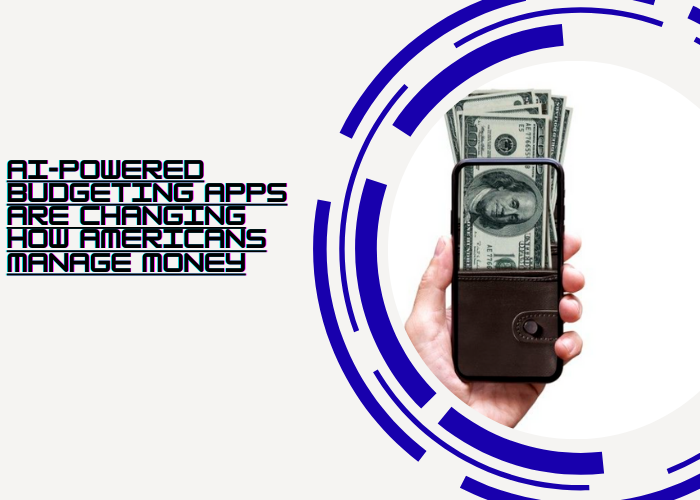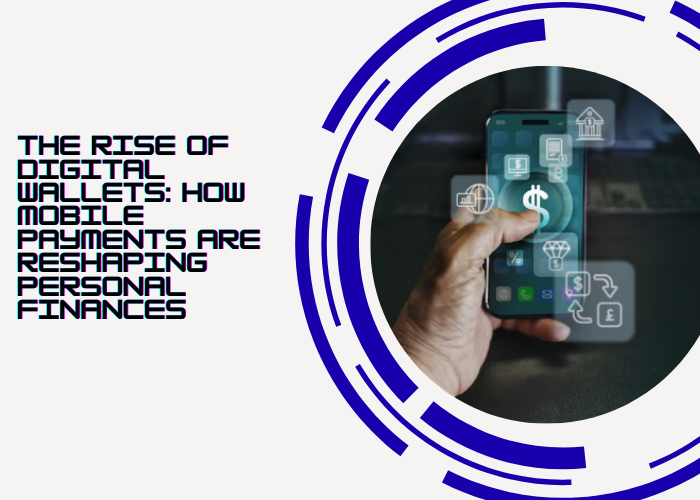The Rise of Digital Wallets: How Mobile Payments Are Reshaping Personal Finances
Over the past decade, personal finance has undergone a dramatic shift, driven largely by the rise of digital wallets and mobile payment platforms. What once was a futuristic concept is now part of daily life, as consumers increasingly rely on apps like Apple Pay, Google Wallet, and PayPal to manage transactions. This transformation has far-reaching implications not only for convenience but also for budgeting, financial planning, and even global economic inclusion.
Why Digital Wallets Are Gaining Ground
The primary reason digital wallets have become mainstream is simple: convenience. By eliminating the need for cash or even physical credit cards, mobile payment apps allow users to complete transactions with just a tap. But beyond ease of use, digital wallets also offer:
- Enhanced security: Many platforms use biometric authentication, tokenization, and real-time fraud detection.
- Integrated rewards: Some apps provide cashback, loyalty programs, or instant discounts.
- Global reach: Digital wallets allow seamless payments across borders, breaking down financial barriers.
The Impact on Personal Budgeting
Mobile wallets are not only changing how we pay but also how we manage money. With real-time transaction tracking, consumers gain clearer insights into their spending habits. Unlike traditional bank statements, these apps provide immediate feedback, which can be a powerful tool for budgeting.
For instance, some platforms automatically categorize expenses—groceries, dining, travel—helping users visualize where their money goes. Others send spending alerts to prevent over-budgeting or offer savings features that round up purchases and store the difference.
Digital Wallets and Financial Inclusion
One of the most promising aspects of mobile payments is their ability to extend financial services to the unbanked. In regions where access to traditional banking is limited, smartphones serve as a gateway to modern finance. Digital wallets allow individuals to save money securely, access microloans, and engage in e-commerce without needing a traditional bank account.
This inclusion has ripple effects: by empowering individuals with financial tools, local economies grow stronger, and global trade becomes more interconnected.
Challenges and Risks Ahead
Despite their benefits, digital wallets also raise concerns. Privacy is a key issue, as more personal financial data is stored online. Cybersecurity threats, regulatory gaps, and the dependence on technology infrastructure all present potential risks.
Additionally, as digital wallets grow, there is the question of monopolization. If too much financial power concentrates in the hands of a few major tech companies, this could reshape not only consumer finance but also competition in the global financial ecosystem.
The Future of Mobile Payments
Looking ahead, experts predict digital wallets will expand into more areas of financial management. Features such as investing, credit scoring, and even integration with decentralized finance (DeFi) are on the horizon. Artificial intelligence will also play a role, providing personalized insights to help users save and invest smarter.
Governments and regulators will likely step in with new rules to balance innovation and consumer protection. Meanwhile, financial institutions that fail to adapt risk being left behind as technology continues to evolve faster than traditional banking models.
Conclusion
The rise of digital wallets is more than a trend; it represents a fundamental shift in the way we think about and interact with money. From everyday purchases to global trade, mobile payments are not only changing consumer behavior but also reshaping the financial landscape. For individuals, embracing these tools can mean greater convenience, improved budgeting, and access to opportunities that were once out of reach. As this technology continues to evolve, one thing is clear: the future of personal finance is already in your pocket.



